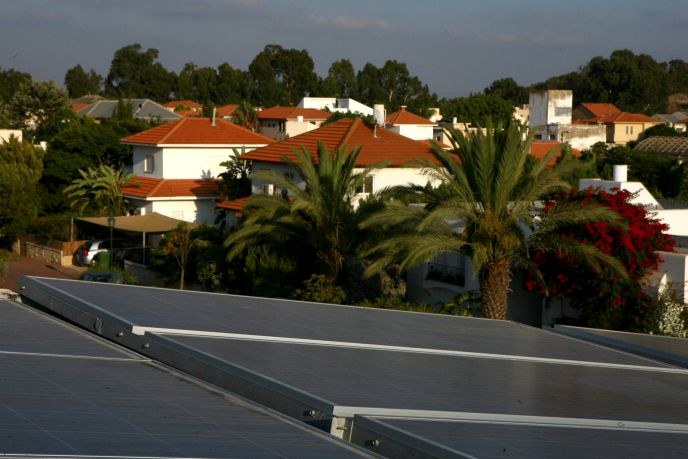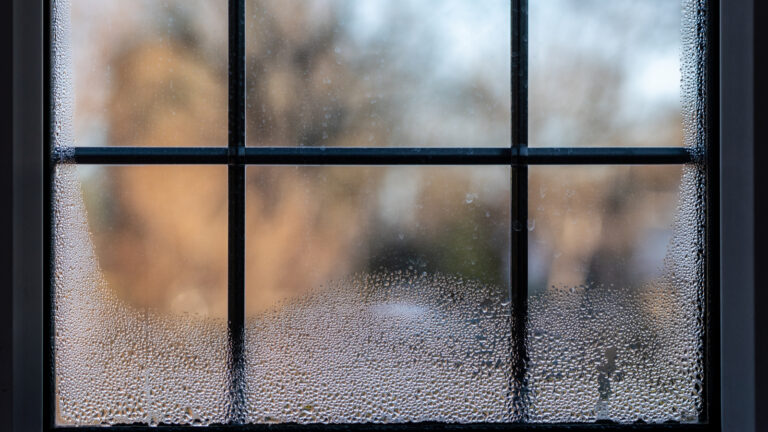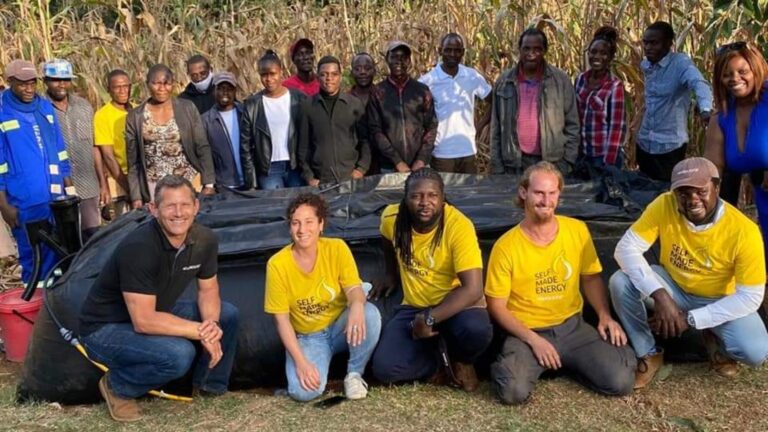Like many other environment-conscious and cost-conscious homeowners, maybe you’re considering installing solar panels on your roof. Though the sun’s energy is free, the panels represent a significant capital expense. Will you break even, let alone save money, by switching from fossil fuels to solar power?
Now there’s a website that can answer that question definitively, at no cost.
Currently in private beta, SolView is an online system for automatic solar potential estimation for parties on each end of the process: the homeowner and the solar-panel provider.
Using imagery from globally available services, SolView applies a special algorithm developed to identify regions, municipalities, neighborhoods and individual houses where a switch to solar makes sense.
“The US and other places are experiencing a major rise in the number of solar installations and capacity,” says SolView founder Ofer Sadka.
“Hundreds of thousands of new homes are having solar-energy systems installed, and that will dramatically rise over the next few years. Leading companies are trying to find the best way to reach customers, and this is where SolView comes in with its unique technology.”
The Israeli company was founded a year and a half ago with a seed investment from Capital Nature alongside funding from the Office of the Chief Scientist in the Economy Ministry.
“We’re part of the Israeli national renewable energy center in the Arava, and we’re now working with the world’s largest solar companies and making initial significant deals,” Sadka tells ISRAEL21c. “We’ve managed to create the backbone of this technology and bring it to a commercially viable stage.”
How much will it cost and save?
For homeowners, the SolView website pledges to provide “an unbiased, swift assessment process,” says Sadka, who has a computer engineering degree from the Technion-Israel Institute of Technology and an MBA from Tel Aviv University.
“When considering solar, normally you approach an installer and they’ll send a professional to your house. It takes time, and you’re not sure it’s the best assessment [because the company has a vested interest]. SolView will tell you if you’re good for solar or not. We’re not trying to make a hard sale.”
Nor is the answer simply “yes” or “no.” The website shows how it would look to have panels overlaid on your roof, and exactly how much they will cost you and save you, as well as the expected rate of return on investment.
For installers, the service is similar but on a wider scale. “We can scan entire areas so they can identify the best potential customers and target their sales force in a much more intelligent way,” says Sadka.
The private beta test focuses on this business-to-business aspect. “We have specific coverage areas in the US where the services are actually available,” Sadka says. “Our objective is to substantially increase our coverage in the US and also make it available anywhere in the world.”
SolView is essentially an image-processing company, he explains. “The core technology has to do with analysis of imagery, and as we rely on standard available images we ultimately could cater to customers worldwide. Businesses may be run differently in the UK and US, but the technology is the same.”
Not only for sunny regions
You might think that unless you live in a sunny southern state, solar panels could not possibly make sense. Sadka says that is a mistaken assumption.
“Throughout the United States there can be regions in which solar is viable,” he states. “It’s not viable everywhere, but there are solar installation companies covering practically the entire country.”
He estimates that up to 60 percent of areas surveyed will be found suitable. Often it’s not the geographic location that matters most, but the positioning and architecture of the houses. The SolView site will reveal if your roof is not facing the right direction, if it’s not the right shape to accommodate panels or if dense tree cover doesn’t allow the sun’s rays to penetrate.
Sadka says homeowners with a “green” agenda are not the only ones looking into solar energy. “The primary reason people are interested now is that it’s financially viable for anyone. That’s what’s driving this immense growth.”
In many areas, the regional power authority will buy generated energy from homeowners to add to the energy grid through feed-in tariffs.
Sadka explains that he previously worked in software imaging-processing companies. “At some point I wanted to do something more environmental, gearing my experience to causes I believe in. I decided that helping the world go toward renewable energy would harness my capabilities in a way that would be most productive.”
And will Sadka’s own home benefit from solar panels? That’s a question for the future; for now, he lives in a high-rise building in central Israel.
For more information, click here.



















